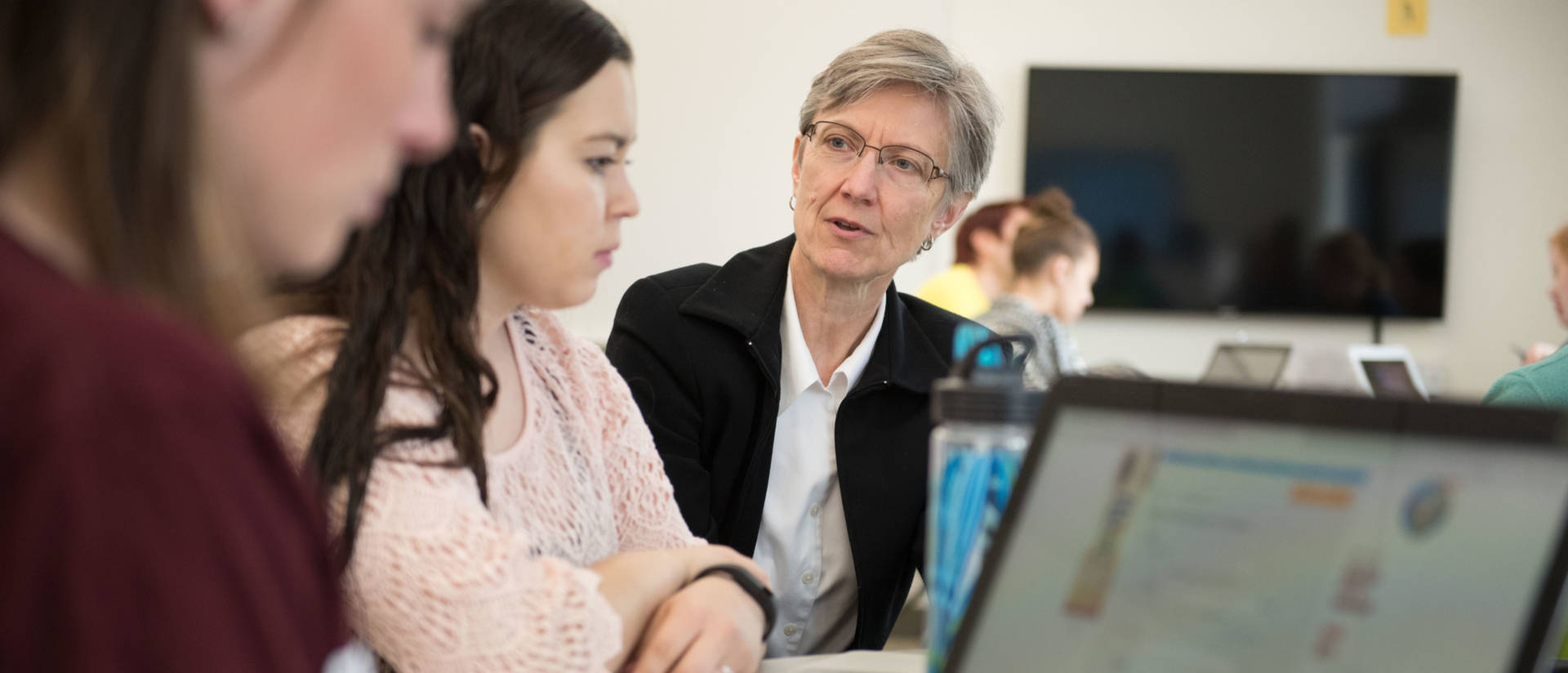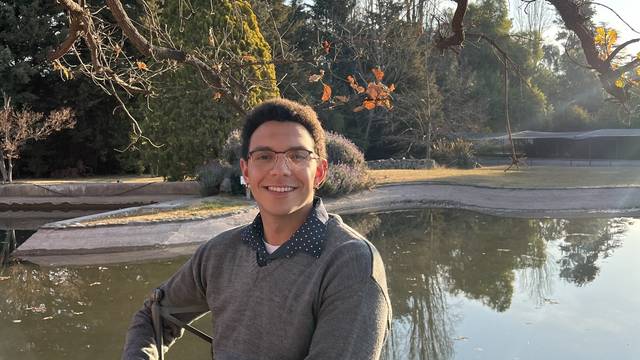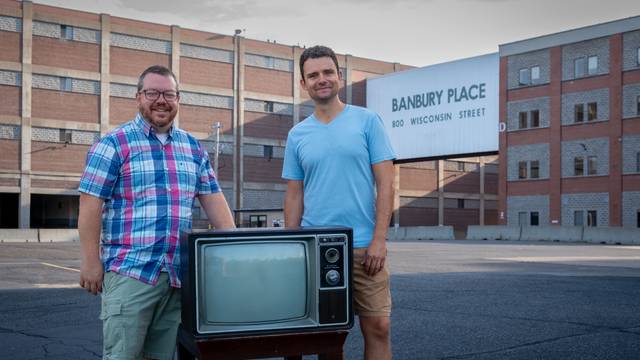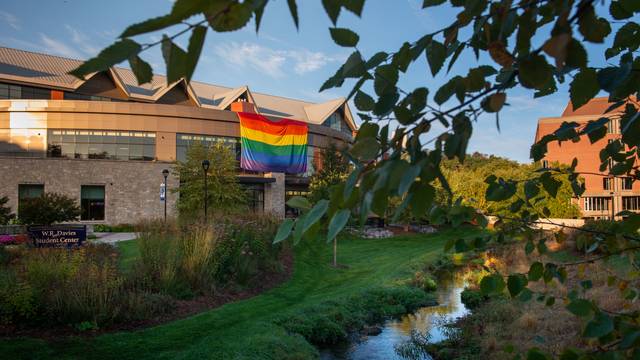The University of Wisconsin-Eau Claire English Department provides students with a wide selection of academic offerings that allow students to focus their interest in English studies on the emphasis best aligned with their academic and professional aspirations. Among these emphases, the English – Rhetorics of Science, Technology, and Culture (RSTC) Emphasis is one of the most fascinating. The program seeks to put theory into practice in ways that encourage critical thinking, improve cultural awareness and contextual skills, and promote effective communication.
The emphasis draws from classic and contemporary rhetorical theories, ideas, and concepts, and the coursework examines other areas such as scientific communication, digital writing, and cross-cultural interactions. Graduates of the English—Rhetorics of Science, Technology, and Culture major often seek careers in publishing, research assistantships, and even human-computer interface design.
Available in major, minor, and certificate forms, the RSTC emphasis is unique in its interdisciplinarity. To Dr. Kaia Simon, an Assistant Professor and Director of the University Writing Program, the diversity of students in the emphasis is displayed in her Visual Rhetorics (ENGL 315) course, "There are about two English majors. The rest are pre-professionals—students who want to be doctors, dentists, and physical therapists."
Whether evaluating the communicative value of medical visuals or communicating the value of a research proposal, Dr. Simon believes an understanding of rhetoric is foundational.
"The question is, how can you be a more informed member of your profession to amplify what you want and counteract what you need to?"
Dr. Jonathan Rylander sees students as "living in a world where they care more about fairness, equality, and justice, but are unprepared for the complex work needed to combat those issues." Students in the RSTC emphasis can explore topics in scientific communication, the Anthropocene, and racial and restorative justice and will develop an understanding of themselves as they prepare to address complex issues professionally.
As an English faculty member and the Director of The Center for Writing Excellence, Dr. Rylander finds rhetoric to be an invaluable tool in pursuits across disciplines. "It works by stripping away everything else to focus on how folks interact and communicate to get things done. Only then can you hit issues head-on and bridge divides."
The program, and the English Department in general, offer fantastic opportunities ranging from writing internships, fascinating research opportunities and partnerships, and opportunities for academic apprenticeships and tutoring. The program is home to students in areas of study ranging from psychology to environmental studies. This intellectual diversity helps with fostering unique understandings and sharing ideas in RSTC classrooms.
To Dr. Stephanie Turner, the value often manifests outside class sessions. As the longest-tenured faculty member in the Rhetorics of Science, Technology, and Culture emphasis, Dr. Turner has an incredible track record of interdisciplinary work. Dr. Turner has partnered with faculty and students in Biology, Chemistry, Anthropology, and Art and Design.
“How do you solve all of the problems if your discipline lacks the necessary tools?" To Dr. Turner, the solution is more partnership between the English department and hard sciences.
Whether you are an English, marketing, or environmental studies student, the RSTC emphasis can offer practical skills whose value will translate both personally and professionally. If you are interested in the English - Rhetorics of Science, Technology, and Culture emphasis, please visit the program website and consult your advisor.



